holy
- Joined
- Nov 5, 2024
- Posts
- 945
- Reputation
- 1,666
- OP
- #51
Follow along with the video below to see how to install our site as a web app on your home screen.

Note: this_feature_currently_requires_accessing_site_using_safari
Theres a cop out and argument for every position otherwise there wouldn't be debates, i appreciate the response though.First off, let me just address the claim that childbirth and family fuel human suffering.
This shit reeks of someone projecting their own existential discontent onto a fundamental part of human existence.
Sure, life comes with suffering. We all know that. But to blame childbirth and the concept of family as "fuels" for it is such a shallow take it barely deserves attention.
The orthodox view on family and procreation is rooted in the idea of participating in god's creative act. Life isn’t some nihilistic cesspool we’re cursed to endure but a gift, and yes, it comes with suffering. But that suffering has meaning.
Christianity, especially orthodoxy, doesn't deny suffering. Christ literally embraced it to its fullest extent on the cross.
So, this notion that orthodoxy somehow fuels suffering is just ignorance.
Blaming family and childbirth for human suffering is the intellectual equivalent of blaming water for drowning.
Did you actually think about this shit before stating it?
Then, there’s this nonsense about orthodoxy being a “normie cultural activity” or less concerned with “natural truth.”
I can’t... really take this one seriously.
Orthodoxy is one of the most intellectually rigorous and deeply spiritual traditions out there.
The orthodox church spends centuries debating and defining theology, drawing on the teachings of the early church fathers, scripture, and tradition. It's about living in harmony with the divine truth revealed through christ.
What the fuck does “natural truth” even mean in this context?
Truth isn’t some vague, subjective concept we just get to redefine because we don’t like what a religion says. Orthodoxy aligns itself with ultimate truth: God’s truth. That’s why it resonates with people across centuries, cultures, and circumstances.
Now, the whole eternal punishment and having kids thing.
What a weak straw man.
Orthodox theology doesn’t teach that god is sitting around, gleefully tossing people into hell for the fuck of it.
Hell is the natural consequence of rejecting God.
And having kids isn’t “creating new souls to be punished for eternity.” What a lazy, reductionist way to think about it.
Children are a continuation of god’s creative work, and they’re born with the same free will we all have. They’re not doomed to anything unless they choose it.
Orthodoxy places responsibility on parents to guide their children in faith and love, showing them the way to communion with God. It’s not about throwing them into some eternal cosmic lottery but nurturing them in truth and giving them the tools to choose the good.
Then there’s this pathetic shit:
All because of “biological egoism.”
First of all, stop lumping all religions together as if they’re interchangeable.
Orthodoxy has its own theology, practices, and history that distinguish it from islam and Catholicism.
Second, what the fuck does “biological egoism” even mean in this context? Are you seriously suggesting that the entire theological framework of orthodoxy is just some evolutionary byproduct of human selfishness? That’s lazy armchair atheism at its worst.
Orthodoxy explicitly teaches the opposite of egoism. It calls believers to deny themselves, take up their cross, and follow Christ. It’s about self-sacrifice, love, and communion with God. Not self-centered survival tactics.
If you think all religions are just human constructs designed to pander to biological instincts, you’re showing your own ignorance, not making some deep philosophical critique.
Your whole spiel reeks of someone who hasn’t seriously engaged with Orthodoxy (or probably any religion, for that matter) on an intellectual level.
You can’t just walk into a theological discussion armed with a handful of edgy, pseudo-philosophical soundbites and expect to be taken seriously.
Orthodoxy is about more than “normie cultural activity” or “trad family values.” It’s a path to union with God. It’s about finding meaning in suffering, purpose in life, and hope in eternity. And it does all of this with a philosophical and theological depth that’s unmatched by the kind of shallow spirituality you're trying to peddle.
If you want to seriously critique orthodoxy, you need to step up your game.
Until then, your arguments are just noise.
You know, even though I still stand by my opinions, this was an interesting read, I didn't know that perspective of hell existed.1. Hell is not a “place” like a fiery dungeon.
It's a state of being rather than a physical location.
Think of it like this: God’s love is eternal, unchanging, and infinite. It’s like the sun, constantly shining. How you experience that love depends entirely on you.
If you’ve aligned yourself with God’s will, that love feels like warmth, light, and joy. But if you’ve rejected god, turned inward, and hardened your heart, that same love feels like a burning fire. Hell isn’t the absence of God but the presence of God experienced by those who refuse to embrace him.
2. It’s a matter of free will.
Orthodoxy is big on the idea that God doesn’t force himself on anyone.
You have to freely choose to be in communion with him. Hell isn’t God tossing people into a pit but people choosing to separate themselves from him.
If you hate God, being in his eternal presence would feel unbearable.
it’s like forcing someone who hates music to listen to a concert for eternity. it’s torture, not because the music is bad, but because they don’t want to hear it.
3. The fire of hell is the same as the light of heaven.
This is huge in orthodox thought.
The “fire” of hell isn’t some external punishment God creates to scare you into obedience. It’s God’s uncreated energy—His presence.
To those who love Him, that fire purifies and illumines. To those who reject Him, it burns and torments.
St. Isaac The Syrian put it best:
“Those who are tormented in hell are tormented by the invasion of love."
4. Hell isn’t about revenge or retribution
One of the biggest differences between orthodoxy and some western views (like certain strands of catholicism or protestantism) is that we don’t see hell as God getting even with sinners.
Orthodoxy rejects this idea of a wrathful God who’s out to punish people for breaking the rules.
God doesn’t “send” people to hell. People choose it by rejecting his love. God’s judgment is less about punishment and more about revealing the truth of who we are.
5. There’s no despair in God’s love.
This is just another key point: Orthodoxy emphasizes that God’s love is always reaching out to us, even in hell.
There’s no such thing as a point where God says, “okay, i’m done with you.”
Hell is eternal because some people might eternally reject God’s love, not because God has abandoned them.
That's basically it. It's tied to God’s love and human free will.
This is a lazy dismissal.orthodoxy can be a bleak prospect for even one among myriads of people, it is not a one for all solution hence it can't be the objective stance i take.
This is catastrophizing at its finest.the sliver of chance that there is a potential path of doom in the human existence makes me see it as morally abhorrent
sliver of chance
I used to love universalism but a year or so ago i dropped it in favor of apathy because they are nonsensical
there isnt free will on where to be born and how to grow up only free choice on how to behave within your limited conscious ability
How tf can you be on a mainly blackpill site and think life ISNT "some eternal cosmic lottery"
This is a lazy dismissal.
First off, truth doesn’t cater to everyone’s personal feelings.
Objective truth isn’t a buffet where you get to pick what tastes good and leave the rest. Orthodoxy never claims to be “one-size-fits-all” in terms of appeal. it claims to be the truth.
If someone finds orthodoxy bleak, that says more about their perception than the faith itself. You’re mistaking subjective discontent for an objective flaw in the system.
This is catastrophizing at its finest.
Life inherently involves risk, choice, and the potential for failure. This isn’t some uniquely orthodox problem but the nature of being human.
Your argument boils down to this:
“because someone might choose wrongly, life itself is morally abhorrent.”
That’s absurd.
You’re essentially saying, “don’t create life because people might mess up.” You're wrapping defeatism in pseudo-intellectual angst.
Also:
?
Dude, you live in a world full of suffering, but that doesn’t negate the beauty, growth, and meaning that life also offers.
Stop acting like potential doom invalidates everything else. It’s just lazy nihilism. Not moral outrage.
Apathy isn’t a philosophy. It’s intellectual surrender.
You didn’t solve the problem. You just stopped trying.
Universalism (if we’re talking theological universalism) isn’t about denying suffering but about affirming that God’s love ultimately redeems creation. It’s a complex topic, sure, but dropping it for apathy isn’t some fucking enlightened stance. It’s you throwing in the towel because you couldn’t wrestle with hard questions. Boo hoo.
Yeah, no one chooses their starting point. That’s not some groundbreaking revelation.
But your argument crumbles when you assume this negates free will entirely.
Orthodoxy acknowledges the complexity of free will. It’s not about having total control over circumstances but about making meaningful choices within them.
Your “limited conscious ability” argument is just another excuse to avoid responsibility.
If free will were meaningless, we wouldn’t even be having this debate because nothing would matter, including your own nihilism.
Because seeing life as a lottery is an incomplete, reductionist view.
Orthodoxy doesn’t deny that life has randomness and suffering but transcends it by offering a framework where suffering has purpose and meaning.
You’re stuck in this narrow blackpill mindset that reduces everything to chaos and despair.
Orthodoxy acknowledges the randomness of birth and circumstances but emphasizes that every person, regardless of their starting point, is called to communion with God.
Life is a journey with risks, choices, and consequences, not some cosmic lottery.
Your fatalistic take just reveals a refusal to engage with the deeper reality of human existence.
Your entire argument is just intellectual laziness disguised as edgy nihilism. Orthodoxy doesn’t shy away from the harsh realities of life. It actually engages with them, wrestles with them, and provides a framework for understanding them.
Your blackpill fatalism, on the other hand, offers nothing.
No hope, no meaning, no framework. Just a hollow rejection of responsibility and truth. If you want to wallow in despair, fine, but don’t pretend that’s some kind of enlightened stance.
It’s just fucking sad.
DNRD failure to recognize coexisting mutually exclusible belief systems. low consciousness, i'll be commiting terrorism on an orthodox church in the future W for universalism tho that shit rocksThis is a lazy dismissal.
First off, truth doesn’t cater to everyone’s personal feelings.
Objective truth isn’t a buffet where you get to pick what tastes good and leave the rest. Orthodoxy never claims to be “one-size-fits-all” in terms of appeal. it claims to be the truth.
If someone finds orthodoxy bleak, that says more about their perception than the faith itself. You’re mistaking subjective discontent for an objective flaw in the system.
This is catastrophizing at its finest.
Life inherently involves risk, choice, and the potential for failure. This isn’t some uniquely orthodox problem but the nature of being human.
Your argument boils down to this:
“because someone might choose wrongly, life itself is morally abhorrent.”
That’s absurd.
You’re essentially saying, “don’t create life because people might mess up.” You're wrapping defeatism in pseudo-intellectual angst.
Also:
?
Dude, you live in a world full of suffering, but that doesn’t negate the beauty, growth, and meaning that life also offers.
Stop acting like potential doom invalidates everything else. It’s just lazy nihilism. Not moral outrage.
Apathy isn’t a philosophy. It’s intellectual surrender.
You didn’t solve the problem. You just stopped trying.
Universalism (if we’re talking theological universalism) isn’t about denying suffering but about affirming that God’s love ultimately redeems creation. It’s a complex topic, sure, but dropping it for apathy isn’t some fucking enlightened stance. It’s you throwing in the towel because you couldn’t wrestle with hard questions. Boo hoo.
Yeah, no one chooses their starting point. That’s not some groundbreaking revelation.
But your argument crumbles when you assume this negates free will entirely.
Orthodoxy acknowledges the complexity of free will. It’s not about having total control over circumstances but about making meaningful choices within them.
Your “limited conscious ability” argument is just another excuse to avoid responsibility.
If free will were meaningless, we wouldn’t even be having this debate because nothing would matter, including your own nihilism.
Because seeing life as a lottery is an incomplete, reductionist view.
Orthodoxy doesn’t deny that life has randomness and suffering but transcends it by offering a framework where suffering has purpose and meaning.
You’re stuck in this narrow blackpill mindset that reduces everything to chaos and despair.
Orthodoxy acknowledges the randomness of birth and circumstances but emphasizes that every person, regardless of their starting point, is called to communion with God.
Life is a journey with risks, choices, and consequences, not some cosmic lottery.
Your fatalistic take just reveals a refusal to engage with the deeper reality of human existence.
Your entire argument is just intellectual laziness disguised as edgy nihilism. Orthodoxy doesn’t shy away from the harsh realities of life. It actually engages with them, wrestles with them, and provides a framework for understanding them.
Your blackpill fatalism, on the other hand, offers nothing.
No hope, no meaning, no framework. Just a hollow rejection of responsibility and truth. If you want to wallow in despair, fine, but don’t pretend that’s some kind of enlightened stance.
It’s just fucking sad.
DNRD failure to recognize coexisting mutually exclusible belief systems. low consciousness, i'll be commiting terrorism on an orthodox church in the future W for universalism tho that shit rocks
THREAD MUSIC:
TABLE OF CONTENTS:
1. INTRODUCTION
2. ORIGINS AND EARLY CHURCH
3. THE GREAT ECUMENICAL COUNCILS
4. DEVELOPMENT OF DISTINCTIVES
5. THE GREAT SCHISM
6. UNDER ISLAMIC RULE
7. RUSSIAN ORTHODOXY
8. MODERN ERA
9. DISTINCTIVE PRACTICES
10. THEOLOGY
11. UNIQUE FEATURES
12. MODERN CHALLENGES
13. WHY ORTHODOX IS HARDCORE
14. CONLUSION
1. INTRODUCTION
In this thread, I will be diving into this magnificent fucking beast of a tradition
that makes Roman Catholicism look like it was invented yesterday.
2. ORIGINS AND EARLY CHURCH

It all starts with the Apostles themselves.
While Rome likes to jack off about Peter, the Eastern Church was established by several Apostles:
Andrew
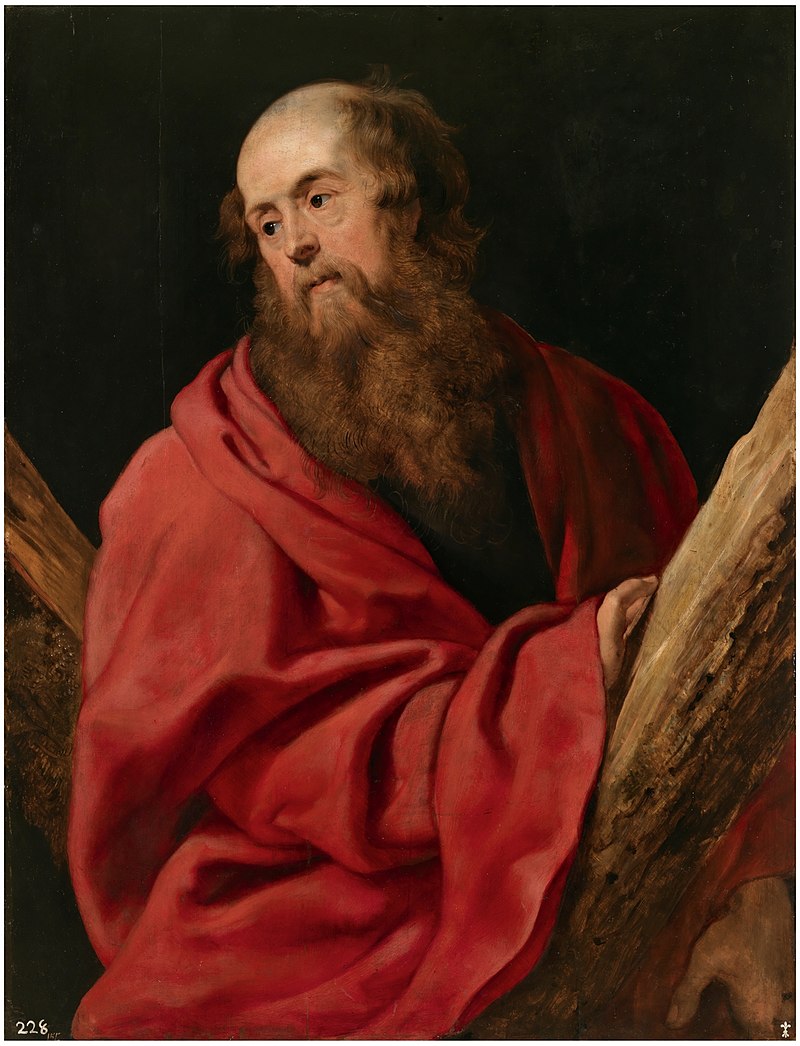
John

Paul
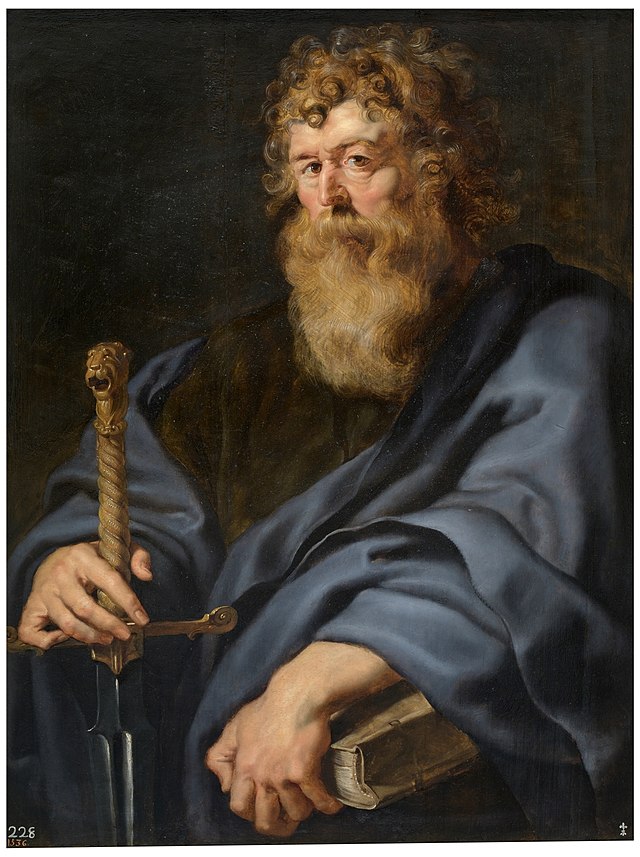
and others who established churches across Greece, Asia Minor, and the East.
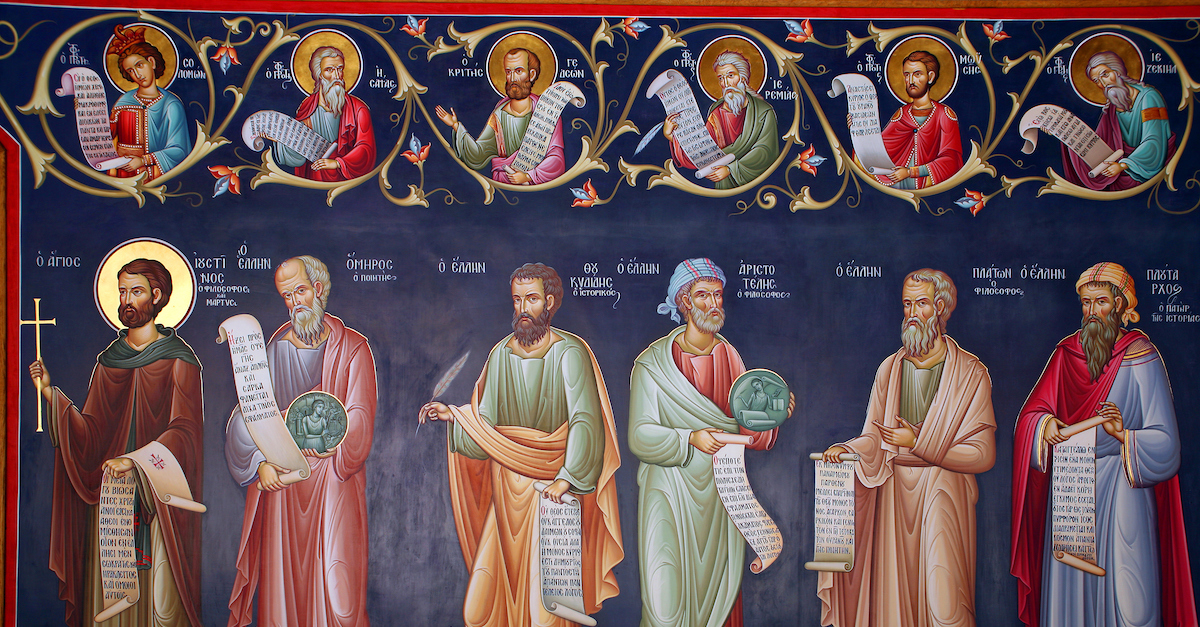
These churches preserved their apostolic succession like it was precious metal.
The early centers were Alexandria, Antioch, Jerusalem, and Constantinople (once it became a thing).
View attachment 3344683
These weren't just random cities but were intellectual powerhouses.
While Western Europe was getting its ass kicked by barbarians, the East was having sophisticated theological debates that would make modern philosophers cry.
3. THE GREAT ECUMENICAL COUNCILS

Let's talk about the seven councils that shaped Christian orthodoxy:
- Nicaea (325):
Smacked down Arius who thought Jesus was just a super-cool created being
- Constantinople I (381):
Cleared up the whole Holy Spirit thing
- Ephesus (431):
Told Nestorius to shut the fuck up about separating Christ's natures
- Chalcedon (451):
Defined how Christ's divine and human natures work together
- Constantinople II (553):
More Christological cleanup
- Constantinople III (680-681):
Settled the Monothelite controversy
- Nicaea II (787):
Said icons are actually cool and good
View attachment 3344701
4. DEVELOPMENT OF DISTINCTIVES
View attachment 3344765
The Eastern Orthodox developed their own shit:
- Heavy emphasis on theosis (becoming like GOD)
- Essence-Energies distinction (GOD's essence is unknowable but His energies are participable)
- Apophatic theology (defining GOD by what He isn't)
- No original guilt inheritance (just death and corruption)
- Synergy between GOD grace and human free will
View attachment 3344741
5. THE GREAT SCHISM

1054 CE. The big breakup.
Here are the main issues:
- Filioque controversy (whether the Holy Spirit proceeds from Father and Son or just Father)
- Papal supremacy (Rome getting too big for its britches)
- Azymes (unleavened bread controversy)
- Different theological methods and emphases
View attachment 3344778
But it wasn't just theological.
Cultural and political tensions between East and West played huge roles.
6. UNDER ISLAMIC RULE

After Constantinople fell in 1453, Orthodox Christians lived under Ottoman rule for centuries.
But instead of dying out, they preserved their faith with incredible tenacity.
The Ottomans had a "millet" system that gave Orthodox some autonomy.
SOURCE:
View attachment 3344795
6. RUSSIAN ORTHODOXY
Russia becomes the "Third Rome" after Constantinople's fall.
Russian Orthodoxy develops its own flavor while maintaining communion with other Orthodox churches.
It becomes a major force until the Bolshevik Revolution fucks everything up.
View attachment 3344809
7. MODERN ERA

- Orthodox churches maintain independence while keeping unity in faith
- Each autocephalous church handles its own affairs
- Pan-Orthodox councils address common issues
- Strong emphasis on maintaining unbroken tradition
- Growing presence in the West through converts
- Still dealing with issues like calendar differences and jurisdictional disputes
8. DISTINCTIVE PRACTICES

- Divine Liturgy basically unchanged since John Chrysostom
- Standing for worship (pews are for pussies)
- Intense fasting practices (Catholics think giving up meat on Fridays is hard? Cute.)
- Icons everywhere as windows to heaven
- Jesus Prayer tradition ("Lord Jesus Christ, Son of God, have mercy on me, a sinner")
- Hesychasm (mystical prayer practice)
9. THEOLOGY

- Trinity understood through experience rather than philosophical speculation
- Salvation seen as therapeutic rather than juridical
- Strong pneumatological emphasis (Holy Spirit isn't a forgotten appendix)
- No purgatory, but prayers for dead are important
- Original sin viewed differently from Western understanding
- Mystery emphasized over systematic explanation
10. UNIQUE FEATURES
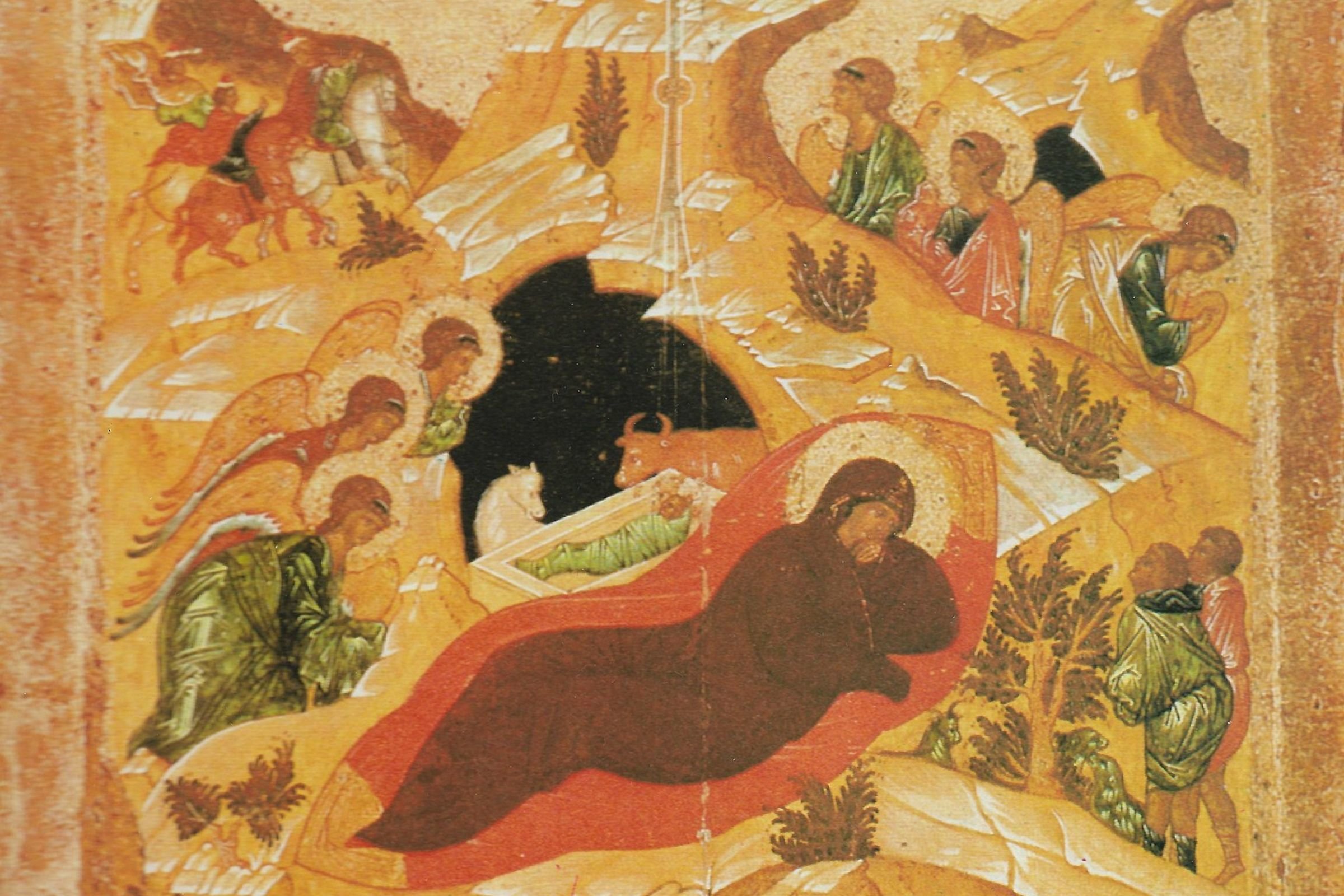
- Married priests (but celibate bishops)
- No "development of doctrine" like Catholics
- Decisions by consensus rather than papal decree
- Heavy use of holy oils, incense, and physical elements
- Focus on transfiguration of creation rather than just souls going to heaven
11. MODERN CHALLENGES

- Jurisdictional overlap in diaspora
- Relationship with other Christians
- Modernity and secularization
- Political pressures in traditional Orthodox countries
- Balance of tradition and contemporary life
12. WHY ORTHODOX IS HARDCORE
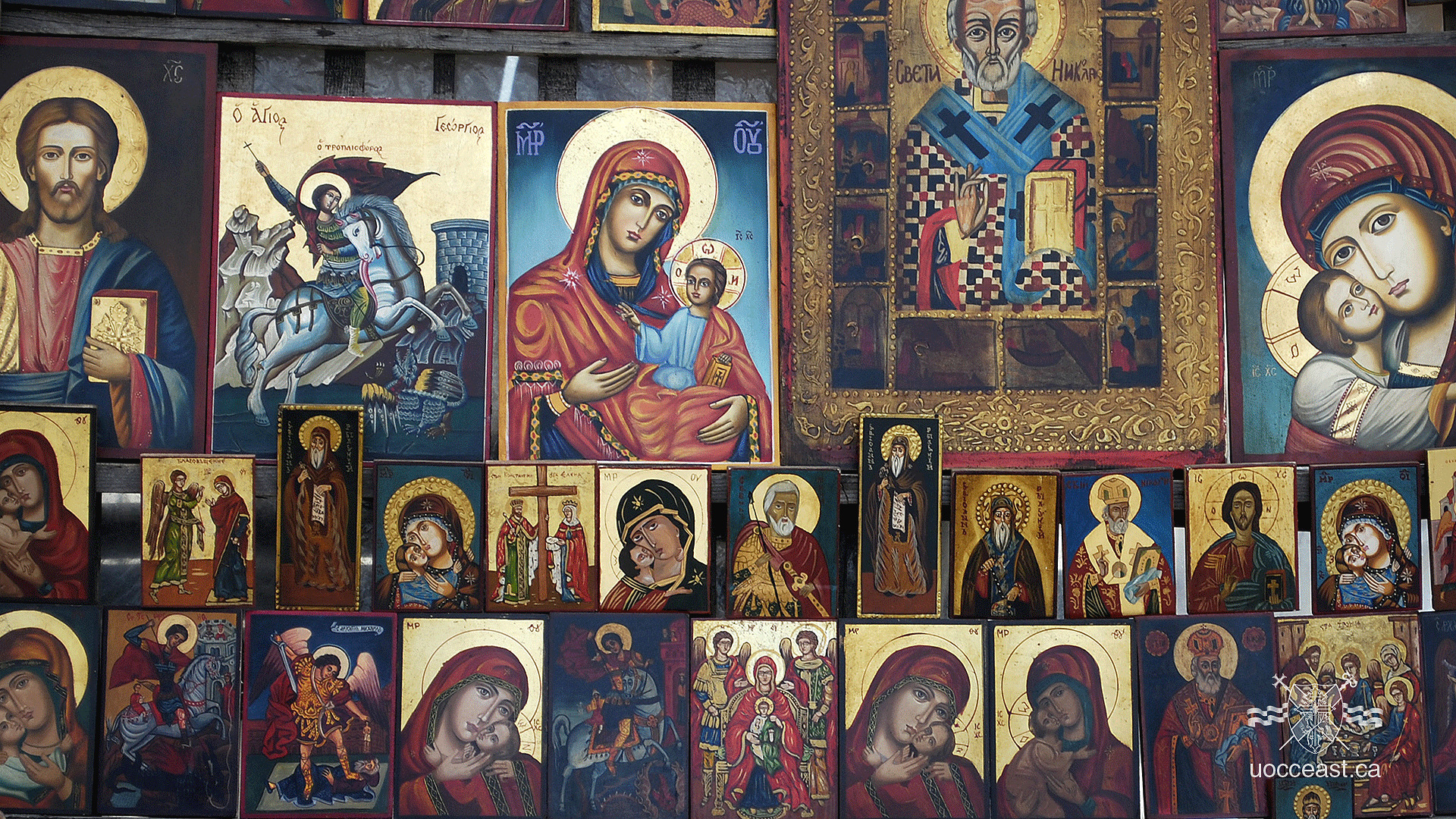
- Never had a reformation because they didn't need one
- Maintained apostolic tradition through Islamic rule
- Preserved ancient liturgical practices
- Survived communist persecution
- Doesn't water down teaching to be popular
- Still does 4-hour services standing up
- Fasting practices that would make most modern Christians cry
- Won't compromise doctrine for ecumenical brownie points
13. CONCLUSION
The Eastern Orthodox Church is basically Christianity's old school hardass grandfather who still does things the ancient way and doesn't give a fuck about modern sensibilities.
While other traditions are trying to be relevant and cool, Orthodoxy is giving you what the Apostles taught.
Take it or leave it.
It's not just the oldest continuous Christian tradition but the one that most faithfully preserves the practices and beliefs of the early church.
While Rome was innovating and Protestants were protesting those innovations, the East was just keeping on keeping on.
That's why converts often say "Orthodoxy is what you get when you follow Christian history backwards."
It's Christianity without the medieval Roman additions or Protestant subtractions.
That is Eastern Orthodoxy.
The church that's been doing its thing since the Apostles and doesn't plan on changing anytime soon.
- holy
Chat GPT moggs me1. Hell is not a “place” like a fiery dungeon.
It's a state of being rather than a physical location.
Think of it like this: God’s love is eternal, unchanging, and infinite. It’s like the sun, constantly shining. How you experience that love depends entirely on you.
If you’ve aligned yourself with God’s will, that love feels like warmth, light, and joy. But if you’ve rejected god, turned inward, and hardened your heart, that same love feels like a burning fire. Hell isn’t the absence of God but the presence of God experienced by those who refuse to embrace him.
2. It’s a matter of free will.
Orthodoxy is big on the idea that God doesn’t force himself on anyone.
You have to freely choose to be in communion with him. Hell isn’t God tossing people into a pit but people choosing to separate themselves from him.
If you hate God, being in his eternal presence would feel unbearable.
it’s like forcing someone who hates music to listen to a concert for eternity. it’s torture, not because the music is bad, but because they don’t want to hear it.
3. The fire of hell is the same as the light of heaven.
This is huge in orthodox thought.
The “fire” of hell isn’t some external punishment God creates to scare you into obedience. It’s God’s uncreated energy—His presence.
To those who love Him, that fire purifies and illumines. To those who reject Him, it burns and torments.
St. Isaac The Syrian put it best:
“Those who are tormented in hell are tormented by the invasion of love."
4. Hell isn’t about revenge or retribution
One of the biggest differences between orthodoxy and some western views (like certain strands of catholicism or protestantism) is that we don’t see hell as God getting even with sinners.
Orthodoxy rejects this idea of a wrathful God who’s out to punish people for breaking the rules.
God doesn’t “send” people to hell. People choose it by rejecting his love. God’s judgment is less about punishment and more about revealing the truth of who we are.
5. There’s no despair in God’s love.
This is just another key point: Orthodoxy emphasizes that God’s love is always reaching out to us, even in hell.
There’s no such thing as a point where God says, “okay, i’m done with you.”
Hell is eternal because some people might eternally reject God’s love, not because God has abandoned them.
That's basically it. It's tied to God’s love and human free will.
You‘re just shittalking out of your ass.ur a victim, religion is not real, all these christians read the bible but dont even understand purpose and what Jesus was trying to teach